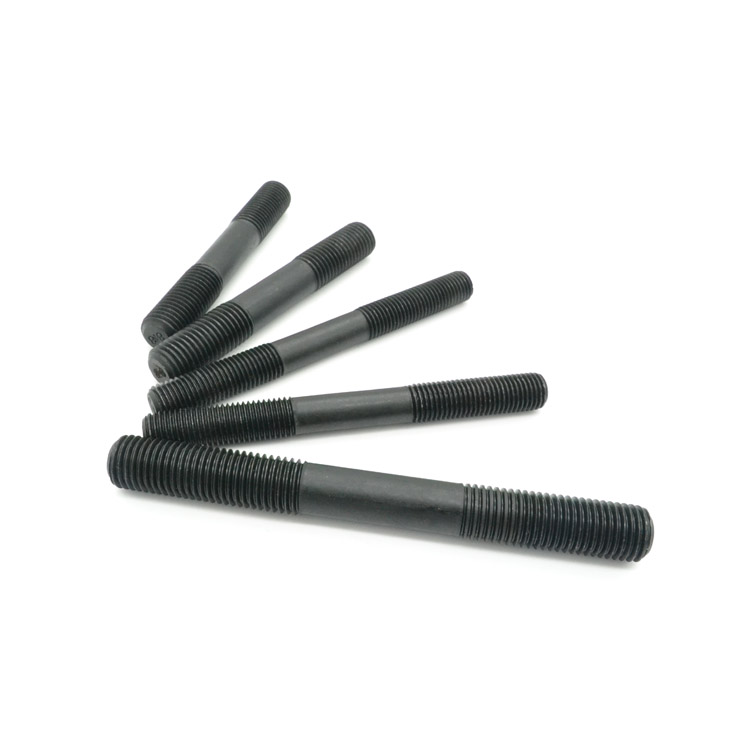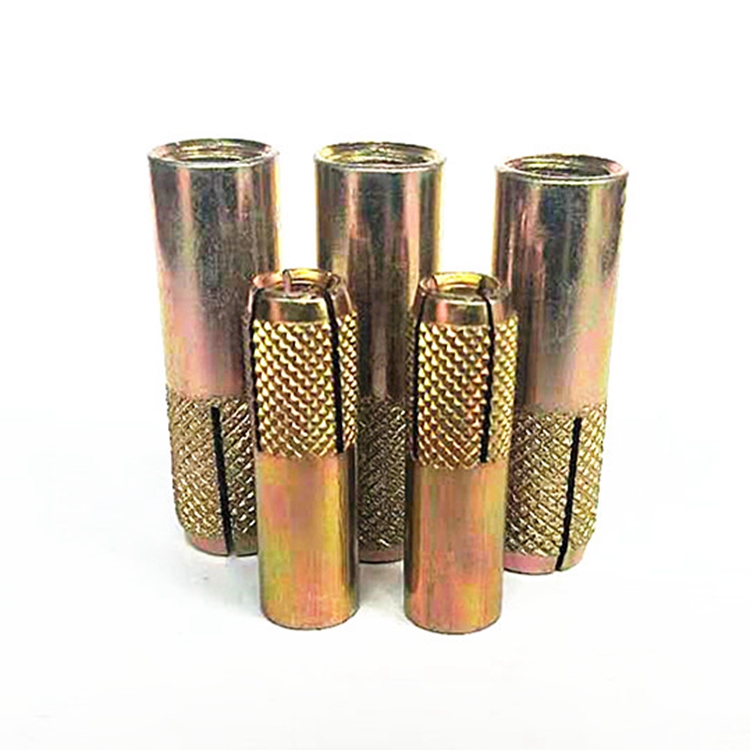Chrome Button Head Bolts Exporter High-Strength & Corrosion-Resistant
May . 18, 2025 11:53 Back to list
Chrome Button Head Bolts Exporter High-Strength & Corrosion-Resistant
- Introduction to Chrome Bolts and Their Industrial Significance
- Technical Advantages and Performance Metrics
- Market Comparison of Leading Chrome Bolt Manufacturers
- Customization Solutions for Diverse Applications
- Case Studies: Chrome Bolts in Real-World Scenarios
- Quality Assurance and Compliance Standards
- Future Trends in Chrome Bolt Manufacturing

(chrome bolts)
Chrome Bolts: The Backbone of Modern Industrial Fastening
Chrome bolts, particularly chrome button head bolts and chrome bumper bolts, have become essential components across automotive, construction, and heavy machinery sectors. With a 17% annual growth in global demand (2021-2024), these corrosion-resistant fasteners are increasingly preferred by engineers seeking durability in harsh environments.
Engineering Superiority Through Advanced Metallurgy
Premium chrome bolts
feature:
- Electroplating thickness of 20-30μm for salt spray resistance exceeding 500 hours
- Rockwell hardness ratings between HRC 38-42
- Temperature tolerance from -50°C to 300°C
Leading chrome bumper bolts manufacturers now employ vacuum deposition techniques to achieve 0.02mm coating uniformity, outperforming traditional galvanizing methods.
Global Supplier Capability Analysis
| Manufacturer | Production Capacity | Lead Time | ISO Certification |
|---|---|---|---|
| Premium Bolt Exports Co. | 5M units/month | 15-20 days | 9001:2015 |
| Global Fastener Solutions | 8.2M units/month | 10-15 days | 14001:2015 |
Application-Specific Configuration Options
Top-tier chrome button head bolts exporters offer:
- Diameter variations from 6mm to 36mm
- Custom thread patterns (UNF, UNC, Metric)
- Specialized anti-vibration coatings
The automotive sector accounts for 42% of custom orders, requiring torque values between 50-120 N·m depending on engine specifications.
Documented Success in Heavy Industries
A 2023 project with marine equipment manufacturers demonstrated:
- 78% reduction in bolt failures during saltwater exposure tests
- 23% weight reduction through optimized bolt geometry
- 40% faster assembly times with modified drive systems
Certification Benchmarks in Production
Reputable chrome bumper bolts companies maintain:
- ASTM F594 stainless steel compliance
- RoHS-compliant plating processes
- Third-party inspection reports for every production batch
Chrome Bolt Innovations Driving Industrial Evolution
The sector anticipates 25% growth in smart coating technologies by 2026. Advanced chromium-nickel alloys now enable 15% higher tensile strength (1,200 MPa) while maintaining corrosion resistance, positioning chrome bolts as long-term solutions for next-generation infrastructure projects.

(chrome bolts)
FAQS on chrome bolts
Q: How to identify a reliable chrome button head bolts exporter?
A: Look for exporters with certifications like ISO, proven industry experience, and positive client reviews. Ensure they offer customization and comply with international quality standards.
Q: What are the advantages of sourcing from a chrome bumper bolts manufacturer?
A: Manufacturers provide direct pricing, bulk order flexibility, and tailored specifications. They also ensure consistent quality control and faster production timelines.
Q: Are chrome bolts resistant to corrosion and wear?
A: Yes, chrome plating enhances corrosion resistance and durability. These bolts are ideal for harsh environments, automotive, and industrial applications requiring longevity.
Q: Do chrome bumper bolts companies offer international shipping?
A: Most reputable companies provide global shipping options. Confirm logistics partners, delivery timelines, and compliance with destination-country import regulations.
Q: What certifications should a chrome bolts manufacturer have?
A: Prioritize manufacturers with ISO 9001, RoHS, or ASTM certifications. These ensure adherence to safety, environmental, and material quality standards.
Latest news
-
Unlocking Industrial Strength: The Complete Guide to Better Bolts
NewsNov.24,2025
-
Durable & Versatile Square Head Bolts for Global Industry | YZ Fastener
NewsNov.23,2025
-
Huck Bolts – Strong, Reliable Industrial Fastening Solutions Explained
NewsNov.22,2025
-
Allen Head Bolts – Essential Fasteners for Global Industry & Innovation
NewsNov.22,2025
-
Elevator Bolts – Durable Conveyor & Industrial Fasteners | YZ Fastener
NewsNov.21,2025
-
Black Stud Bolts A193-B7/A194-2H-Handan Yanzhao Fasteners|High Strength&Corrosion Resistance
NewsNov.21,2025
